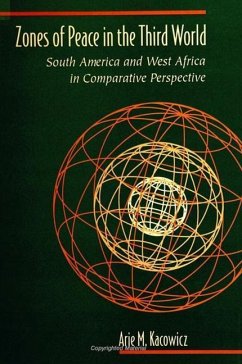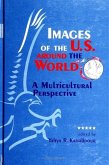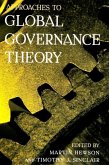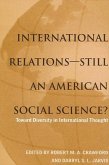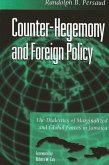International relations scholars have traditionally focused on explaining war rather than peace, resulting in the concept of peace being understudied and underemphasized. This book in contrast explains the maintenance of extensive periods of international peace in two regions of the Third World: South America and West Africa. The term "zones of peace" has been used in reference to the Cold War (1945-1989) and to separate peace among the democracies developed progressively throughout the last two hundred years. In this book, however, Kacowicz moves beyond a European focus to consider the theoretical and historical significance of the term in the context of the Third World. He argues that there have been periods of "long peace," so that zones of peace, characterized by the absence of interstate war, have developed in South America since the late 1880s and among the West African countries since their independence in the early 1960s. Kacowicz explores how regional peace is maintained in South America and West Africa through the distilling of alternative explanations, including Realism, Liberalism, and satisfaction with the territorial status quo. He also examines how peace can be maintained among states that usually do not sustain Western democratic regimes by offering a critique (and improvement) upon the "democratic peace" theory. Peace can indeed be maintained, he asserts, among nondemocratic states, although there is a direct relationship between the quality of the regional peace and the type of political regimes sustained by the countries in any given region.
Hinweis: Dieser Artikel kann nur an eine deutsche Lieferadresse ausgeliefert werden.
Hinweis: Dieser Artikel kann nur an eine deutsche Lieferadresse ausgeliefert werden.

